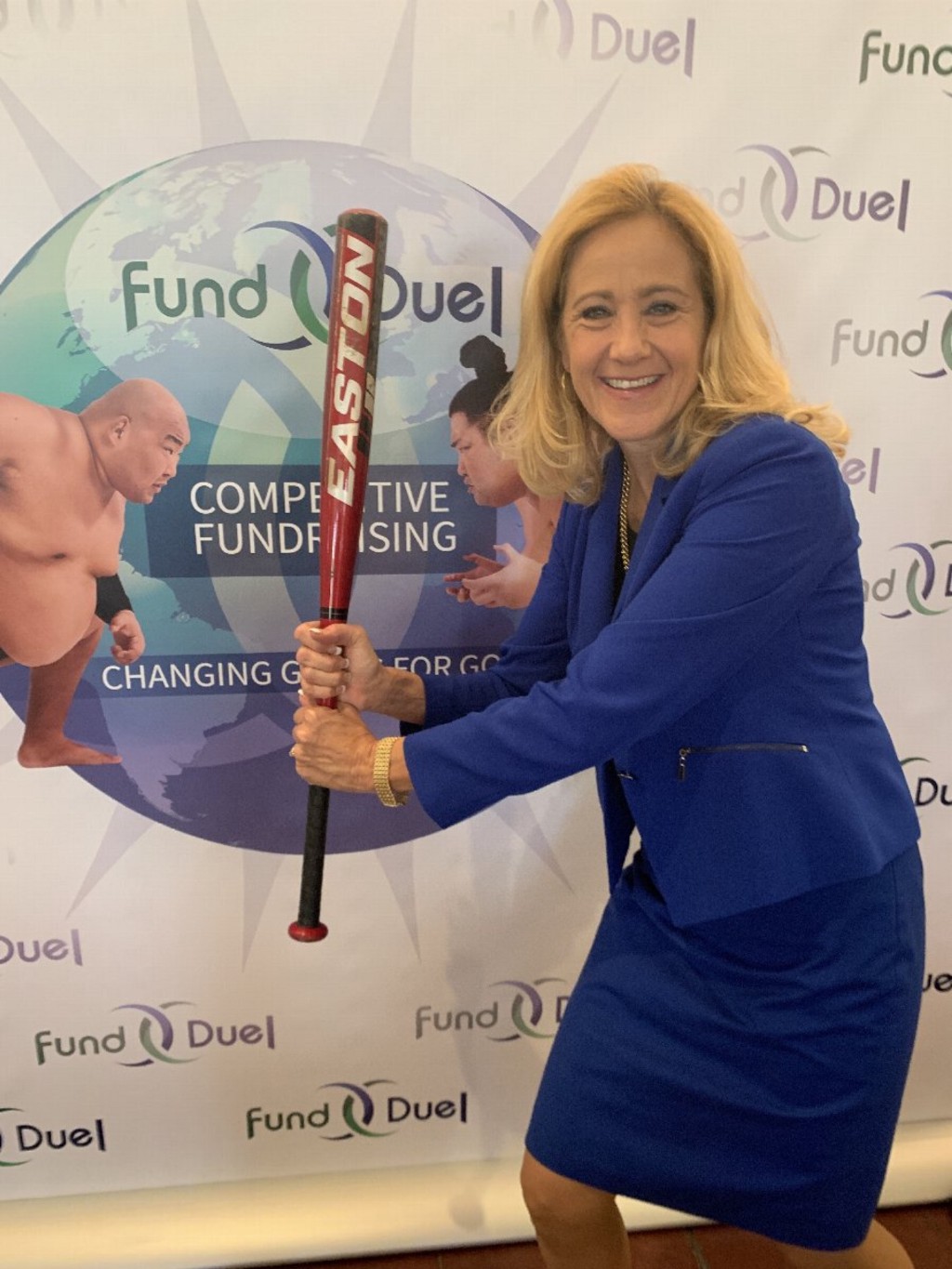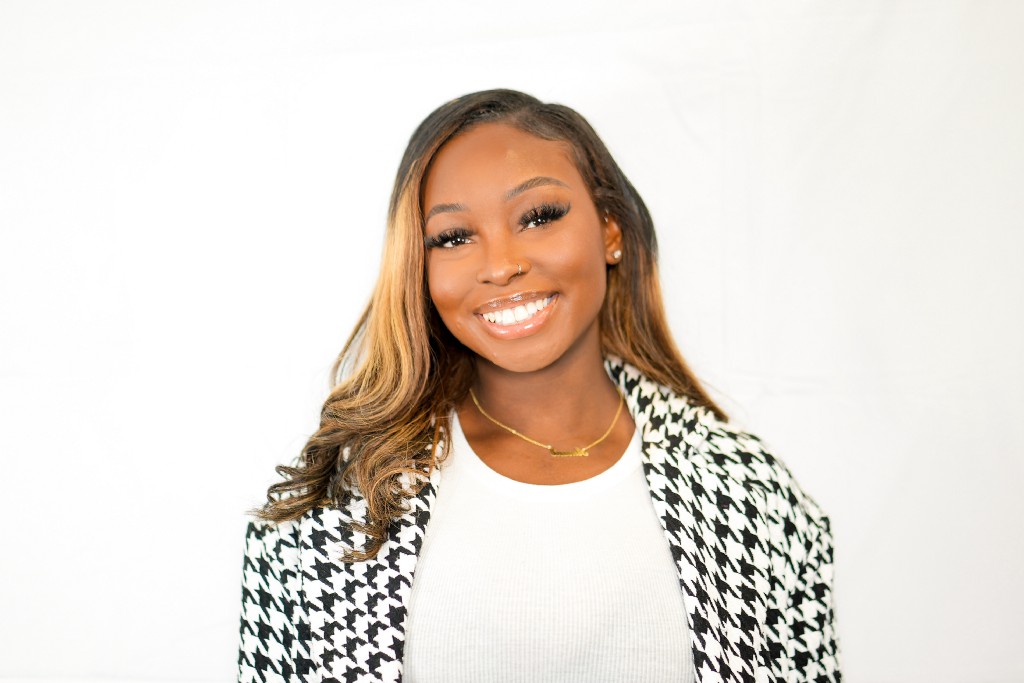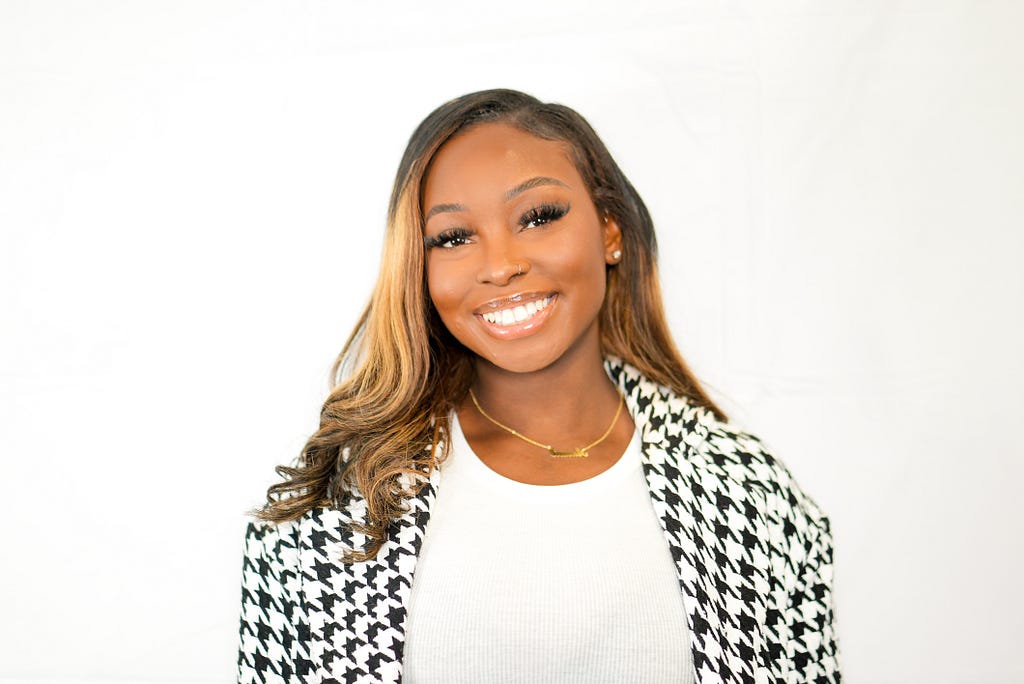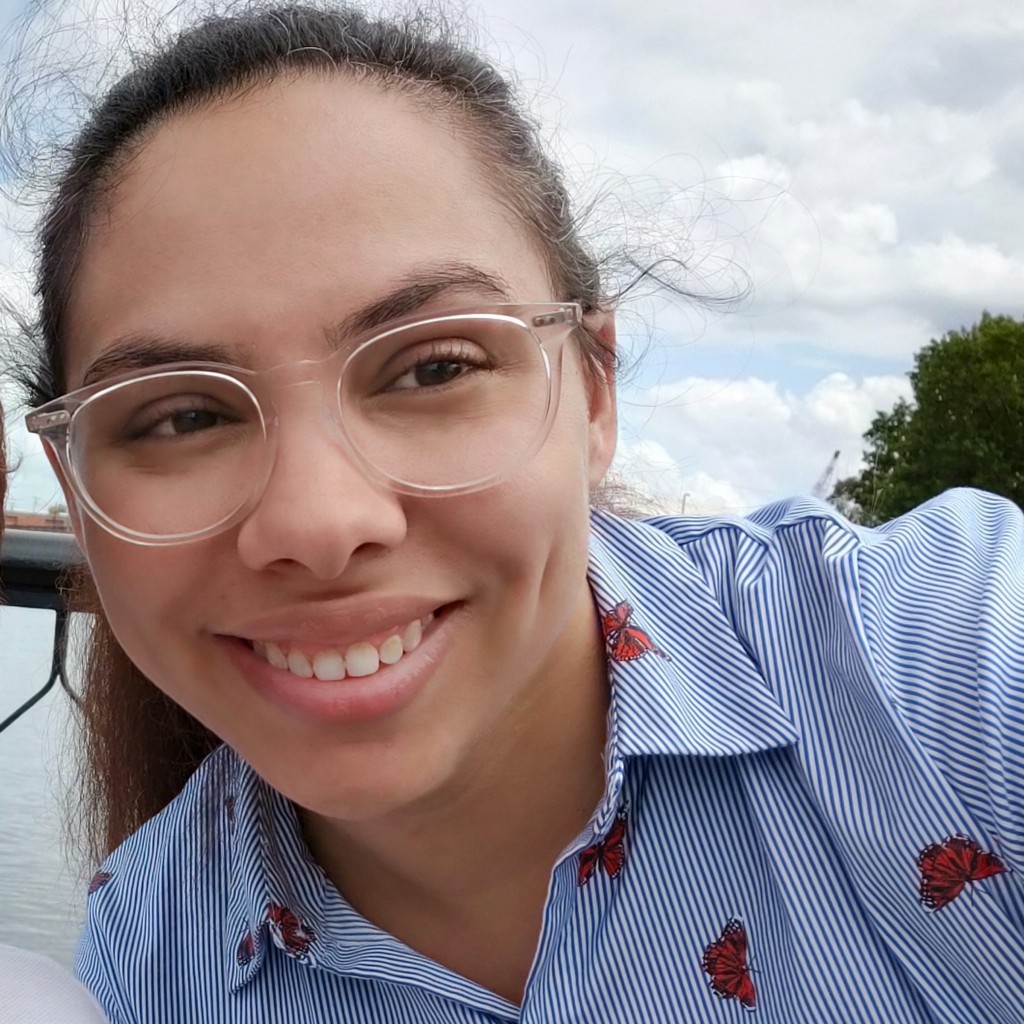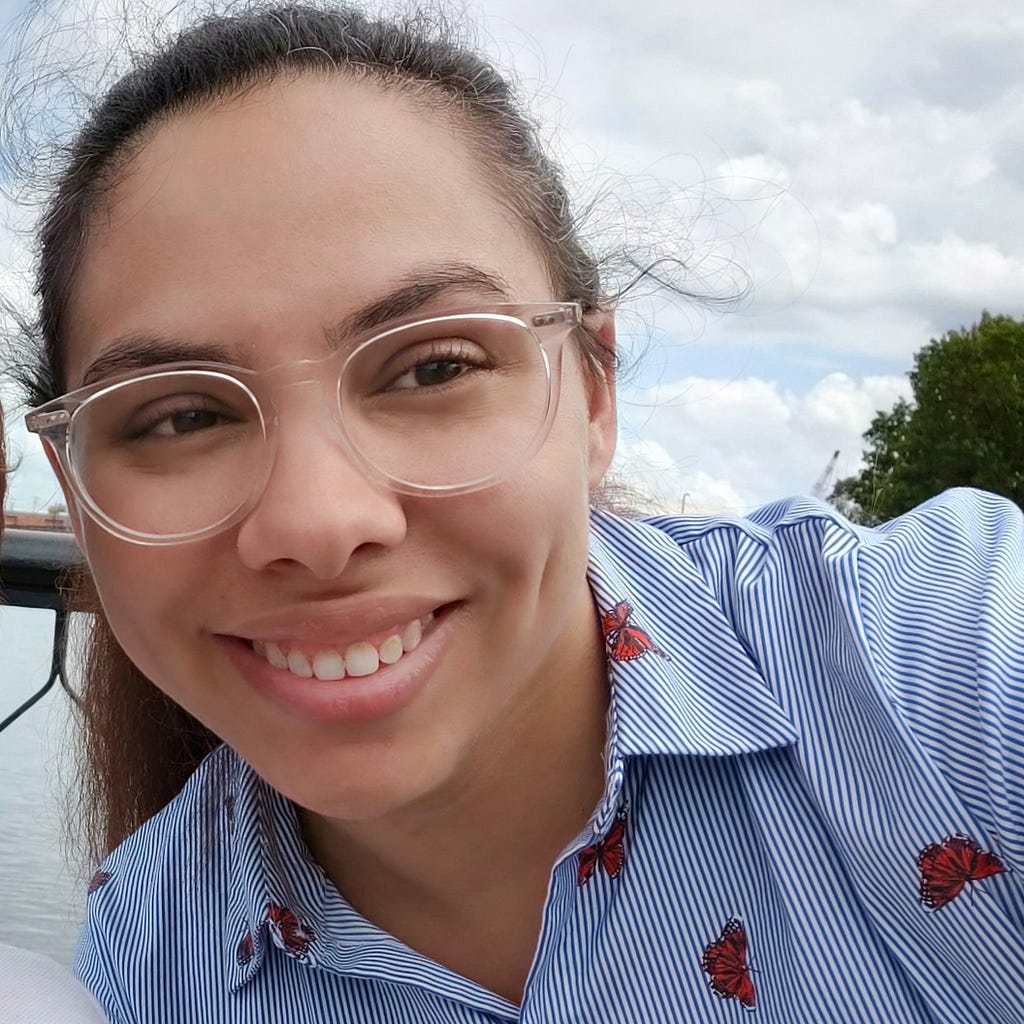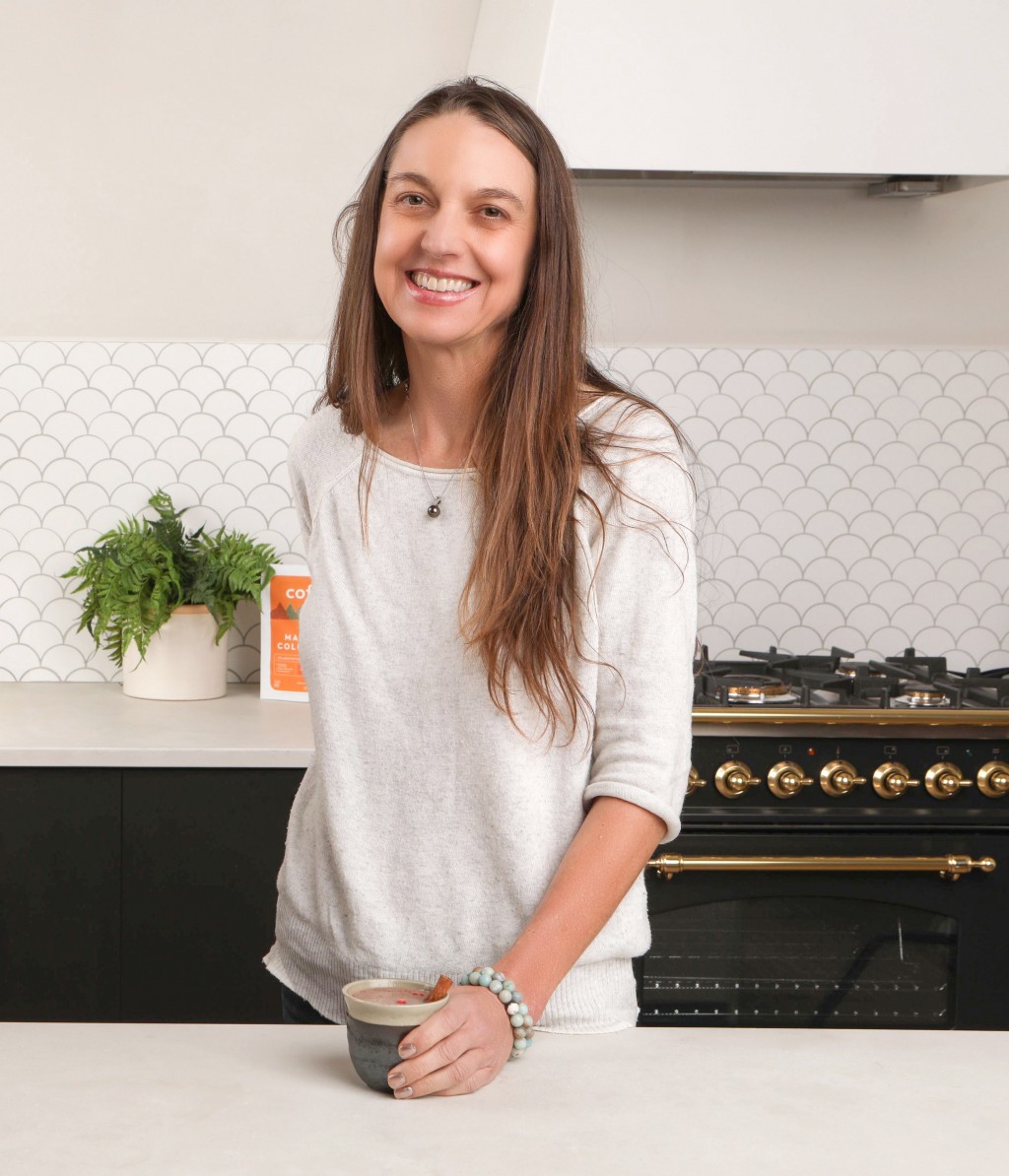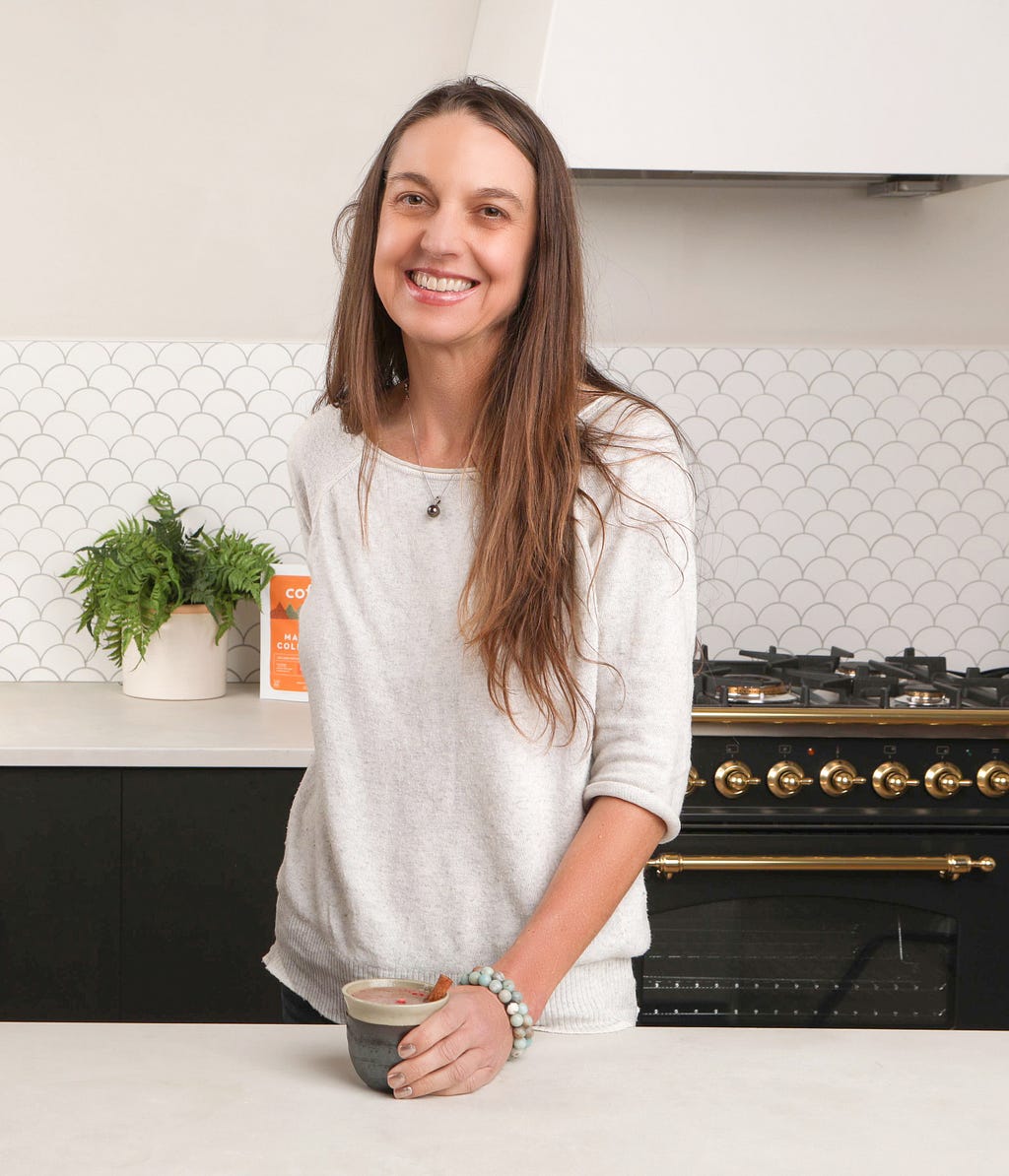Female Founders: Linda Hansen of Fund Duel On The Five Things You Need To Thrive and Succeed As A Woman Founder
An Interview With Candice Georgiadis
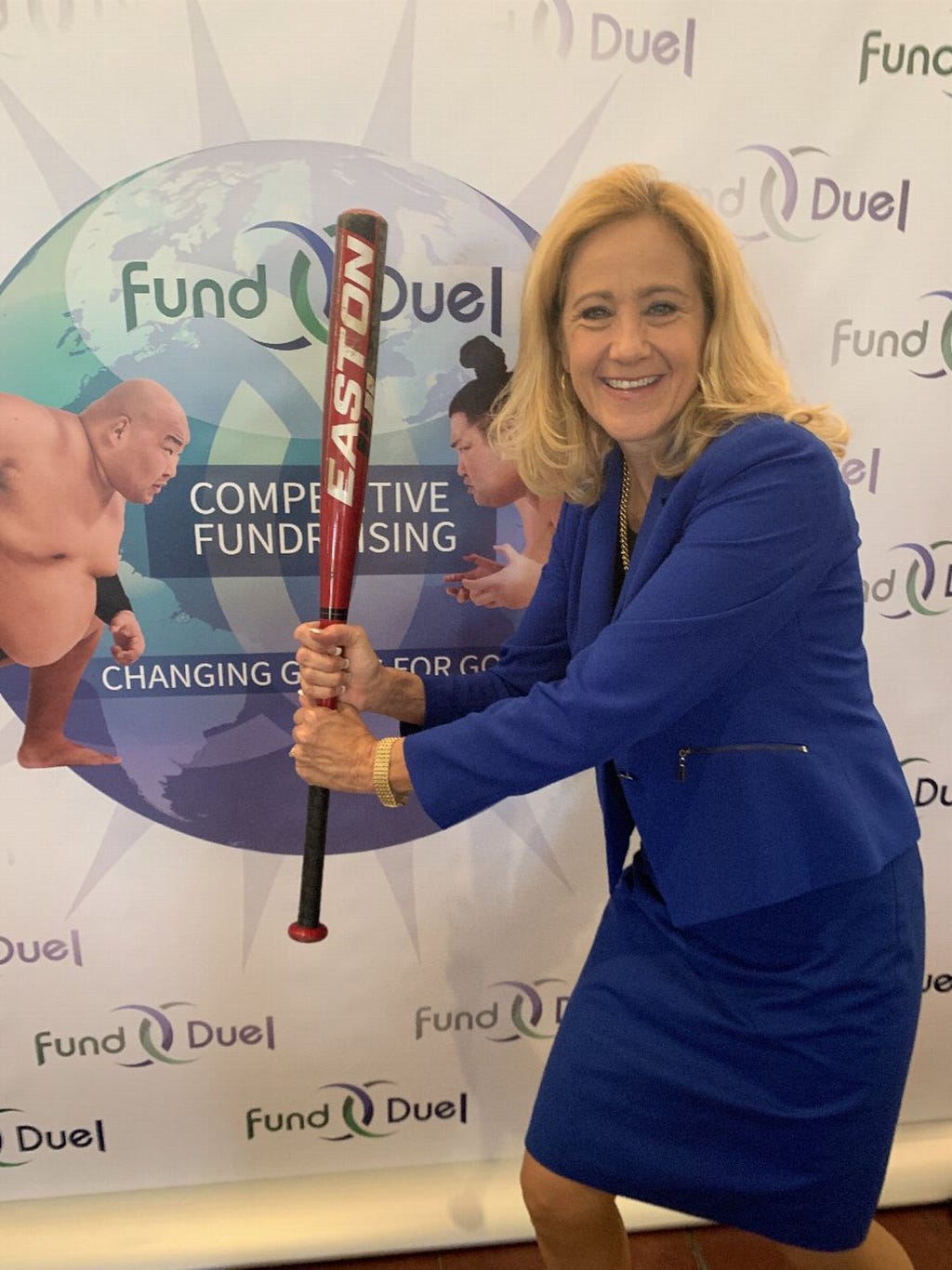
I wish someone would have told me how thrilling and amazing this journey would be and I only wish I would have started sooner in my life. We are making such a difference in the lives of others that is breathtaking. We are raising awareness and funds to assist burn victims, the deaf community, those that are battered and homeless, the hungry, environmental issues, and those with diseases. Every campaign we do is shared all over the world and garner hundreds of new donors. It is breathtaking how fast we have expanded into other countries and our global campaigns next year will have such a far-reaching impact that it is beyond magnificent.
As a part of our series about “Why We Need More Women Founders”, I had the pleasure of interviewing Linda Hansen PhD, CEO and Cofounder at Fund Duel Inc.
Fund Duel is an interactive, engaging participatory fundraising website. We have the best programmers in the business. We cherish the ability to make people smile while money is raised for good causes.
Thank you so much for doing this with us! Before we dig in, our readers would like to get to know you a bit more. Can you tell us a bit about your “backstory”? What led you to this career path?
Thank you for this opportunity to introduce one of the few female-founded Mother/Daughter technology companies. My daughter, Jasmine Toomalatai, and me are passionate about helping our fellow humankind and improving the world in impactful ways. There has been an unusual ten-year lapse in innovation in the crowd funding space, and we saw a spectacular opportunity to create a game-changing platform that would have a massive impact for good on a global scale. We were right! Our platform is transforming the giving space in dramatic ways.
The reason for Fund Duel’s success is that it is based on my PhD research on the neurochemical and psychological motivation system of humans. Fund Duel incorporates engaging, fun team-based competition, challenges, humor and other powerful positive emotions, prizes, social media sharing, creativity, and empathetic altruism. Each of these engaging elements create rewarding rushes of positive neurochemicals such as endorphins and oxytocin.
The magic of Fund Duel is the expansive audience that engages in each campaign because of its capabilities to instantly share on social media challenge videos and photos. One of the first conversations that my daughter and I had about creating our platform was the question, “How can we change the way we use social media and reward users to post a selfie with the purpose of thinking of the plight of others in an altruistic manner versus the current mode of posting in a narcissistic manner?” This led us to the idea of gamifying fundraising and rewarding users that join a challenge to raise funds and awareness of a good cause with their own photo or video. It has been a thrill to see it come to fruition.
Can you share the most interesting story that happened to you since you began leading your company?
We cannot believe the doors that have opened for us in this endeavor to bless this world with a proven fun way to raise money. I love our partnership with USA Sumo. We did this fun infomercial with two very popular sumo wrestlers from this organization and grew to love 600-pound Yama who looks ferocious in the ring but has a gentle heart and was so fond of the puppy we brought onto the set. Byamba was our second star wrestler, and he was a hoot to work with and did not even mind to get into a pink tutu and twirl around as a demonstration of a fun Fund Duel challenge. The reason we turned to sumo wrestlers was that it is surprising and funny to see two over-sized competitors croqueting blankets for a cause and being tenderhearted. As you recall, humor is a stress reliever and neurochemically rewarding. Here is a link to that commercial:
https://www.youtube.com/watch?v=_KN9jOgAl0Q&t=2s
The other positive outcome of this relationship with USA Sumo was raising money at the
2019 tournament in the Pyramid Stadium in Long Beach, California. We raised money for scholarships for at-risk youth with the power of 5,000 fans who joined either the West Stands or East Stands teams. The Fund Duel leaderboard was projected onto the jumbotron so fans could see which team was ahead at that moment. If the East stands were ahead, they were rewarded with t-shirts and cute rubber sumo dolls tossed into the crowd on the side of the arena that had raised more money. It was amazing how the crowd went berserk over sumo dolls. The grand prize was a bronze statue of a Sumo wrestler created by academy award winning Tom Woodruff. This event was a mind-blowing revelation that Fund Duel could be a magnificent way to add social impact to any major event and create engaging fun at the same time.
Can you share a story about the funniest mistake you made when you were first starting? Can you tell us what lesson you learned from that?
One of the hardest jobs for a start-up technology company is raising money especially if it is female founded. I went to a women’s business organization in Silicon Valley that offers the opportunity for women founders to present their company to female investors. There were only two legitimate female investors present, and they admitted that they are risk averse and do not invest in start-up companies. I do not know if there is humor in this, but it was obviously a mistake on my part to believe that the cost of this event and the travel expense was worth it. There are so many people that try to take advantage of eager founders. As a result of this experience, I determined at this point to develop our product, make it successful, and self-fund as much as possible
None of us are able to achieve success without some help along the way. Is there a particular person who you are grateful towards who helped get you to where you are? Can you share a story about that?
Extraordinary doors have opened in this enterprise. We have to thank many champions and advocates that have come into the Fund Duel Family. As a result of one of our advisors, Saul Tarazona’s introductions, we met the former producer of American Idol, Ron Deshay. He immediately fell in love with our engaging platform and recognized it as a streamlined way for celebrities and corporate partners to join their team through our photo/video challenges. Additionally, we are now in discussions with a top producer to bring a global concert to honor the legacy of a major iconic figure. More news on that will be coming soon!! I must thank our Brazilian partner Getro Silva for engaging many soccer leagues, celebrities, hospitals, government officials in upcoming Fund Duels to raise money for charities in that great country and our New Zealand partner Adam Greenwell for his initiating Fund Duel’s to assist charities there. We have a team in Canada, led by Emmett Dunlop Junior which have opened many doors for us. The list goes on and on………..
Ok, thank you for that. Let’s now jump to the primary focus of our interview. According to this EY report, only about 20 percent of funded companies have women founders. This reflects great historical progress, but it also shows that more work still has to be done to empower women to create companies. In your opinion and experience what is currently holding back women from founding companies?
I have been stunned at the lack of support for female founded companies even by organizations led by women that supposedly help female founders but are only designed to take their money and offer no real substantive solutions. The VC community is incestuous and revolves around a male dominated network that completely favors male founders. I was told at a SOCAP conference designed for social impact investors to network with startups in the philanthropy space, by a male investor that I needed to know “when to stop.” He told me this after I shared with him about our democratization and gamification of fundraising concept. I will revisit that conference someday as one of the most successful startup companies that went global in just two years and raised over a million dollars for non-profits just after launching during the year the year of Covid 2020.
Can you help articulate a few things that can be done as individuals, as a society, or by the government, to help overcome those obstacles?
We have to actually see the problem and offer real solutions and not prey upon female founders because they may seem vulnerable and desperate to get their product to market.
I believe that organizations like Girl Power Talk in India and other organizations that help with early stages in education to empower girls to think of careers in science and technology is a good step. Education is a start. It will take some mountain moving before the status quo is changed for equitable treatment and parity for female founders.
This might be intuitive to you as a woman founder, but I think it will be helpful to spell this out. Can you share a few reasons why more women should become founders?
My daughter and I have brought such a simple yet brilliant solution to the crowd-funding space. We are both passionate about making a huge difference in our world. Women have a unique and powerful role to bring to the business world. I believe that women bring to their fields a spirit of collaboration and egalitarianism. My own approach to leadership is based on these principles. Women can bring so many important solutions to world problems with empathy and compassion that are innate in their constitution.
What are the “myths” that you would like to dispel about being a founder? Can you explain what you mean?
I am not a typical entrepreneur, nor is my daughter. I am first and foremost an anthropologist and a scholar. The greatest myth I see is that founders must be successful businesspeople with a record of founding and exiting companies — the “serial entrepreneur.” Any person who is passionate about a subject or has an idea on how to solve a major problem should pursue it with gusto and never stop pursuing or dreaming.
Another myth is that you must be wealthy to be a founder. All you need is to be creative and believe in yourself and surround yourself with supporters and experts who can guide you. It is true that having wealth opens the path to founding many companies and is a great advantage but that is not all that is needed to be a successful founder.
Is everyone cut out to be a founder? In your opinion, which specific traits increase the likelihood that a person will be a successful founder and what type of person should perhaps seek a “regular job” as an employee? Can you explain what you mean?
Any person who has found a unique solution that is disruptive and is able to capture a portion of the marketplace, is in a perfect position to find a company. We are in that position and our success has been remarkable. There are some incredibly crowded fields especially in online consulting and coaching. Too many people have jumped into this space to become founders of their own online coaching business and cannot find enough customers because they do not offer anything that is compelling and are competing with too many other online coaches.
Ok super. Here is the main question of our interview. What are your “5 Things I Wish Someone Told Me Before I Started” and why? (Please share a story or example for each.)
- I wish someone would have told me how thrilling and amazing this journey would be and I only wish I would have started sooner in my life. We are making such a difference in the lives of others that is breathtaking. We are raising awareness and funds to assist burn victims, the deaf community, those that are battered and homeless, the hungry, environmental issues, and those with diseases. Every campaign we do is shared all over the world and garner hundreds of new donors. It is breathtaking how fast we have expanded into other countries and our global campaigns next year will have such a far-reaching impact that it is beyond magnificent.
- I wish someone would have told me that the Covid pandemic would shut down the economies of so many nations and that non-profit organizations would be hardest hit. It is so utterly tragic that charities that have existed for decades have closed their doors. We became the perfect solution for so many organizations and kept them afloat. If only we had a way to get the word out to more charities and grassroots organizations such as churches, sports teams, and schools we would have been able to help them as well.
- I wish I would have known how to select consultants that helped our company grow. We spent so much money on consultants that had great resumes but added little or no value to our company. I learned that the best advocates for our business offered advice for free or some of our coordinators who created campaigns that demonstrated the power of our platform in ways we could not have imagined.
- I wish I would not have wasted my time pitching to investors at conferences designed to take the money of founders but offered no real opportunity to meet real investors. I will never forget sitting in the back of a room where two investors beside me were laughing to themselves and in hushed tones made fun of the founders that were pitching their companies in the front of the room. These men had no interest whatsoever in truly investing in any concept. It was quite disgusting. I wish I would have known how many companies and organizations prey upon eager founders and require fees and payments without tendering any results for the founders.
- I wish I had known that there is such a hunger to do good and change the world for good. The media and political environment is so caustic and filled with animosity and words of despair, yet there are so many people who have come forward and are willing to jump on the Fund Duel train because they see that we are making positive waves across the world. It is actually mind-boggling the talent that has come our way to assist us because our mission is to bless this world with goodness. We have attracted support from all sectors of society and all sides of the political spectrum. It just does not matter. We all want solutions to major problems. For this I am grateful
How have you used your success to make the world a better place?
Every campaign we do gladdens the heart and raises the prospects of those that are hurting in some way. It is beyond gratifying. We have only just begun. We are the virtual hub where celebrities, social influencers, companies, media outlets, and all their employees and followers — the masses — can join together in unity in fun photo and video challenges and team-based competitions to raise money and awareness for important causes.
You are a person of great influence. If you could inspire a movement that would bring the most amount of good for the greatest number of people, what would that be? You never know what your idea can trigger.
We have the potential to transform the corporate philanthropy space in staggering ways. We have worked with real estate offices that competed against each other for a cause. Just imagine the potential of major corporations such as McDonalds or Walmart to have each store compete to raise money for a cause and have customers join a fun challenge that brings them into the store. The ROI for the company is stunning and the photos and videos shared on social media platforms gives free advertising while raising money for causes they already support.
We have already proven that Fund Duel can be a great addition to a sporting event. I envisage Fund Duel being a powerful tool to raise money and awareness for good causes at major global concerts, sports competitions, golf tournaments, film festivals, corporate conferences, etc.…
We are very blessed that some very prominent names in Business, VC funding, Sports, and Entertainment read this column. Is there a person in the world, or in the US with whom you would love to have a private breakfast or lunch with, and why? He or she might just see this if we tag them.
I would love to meet Tony Robbins. He has such an amazing record of transforming lives, and he is so charitable. We would be great partners in raising money at his conferences. I also want to meet Duane Johnson, the “Rock.” My daughter Jasmine married a Samoan, and I know that Duane does so much charitable work for the island of Samoa. I would love to link up and use Fund Duel as a platform to raise more money and awareness for those lovely islands. My list is quite long of the many iconic women and men I want to meet. It is happening because of moving forward with a good heart and good intent.
If you have a great idea of a cause or project you want to raise money for please feel free to contact us at www.fundduel.com/start or my own personal email [email protected]
This was very inspiring. Thank you so much for joining us!
Thank you for this wonderful interview and your interest in the groundbreaking work we are doing at Fund Duel.
Female Founders: Linda Hansen of Fund Duel On The Five Things You Need To Thrive and Succeed As A… was originally published in Authority Magazine on Medium, where people are continuing the conversation by highlighting and responding to this story.


